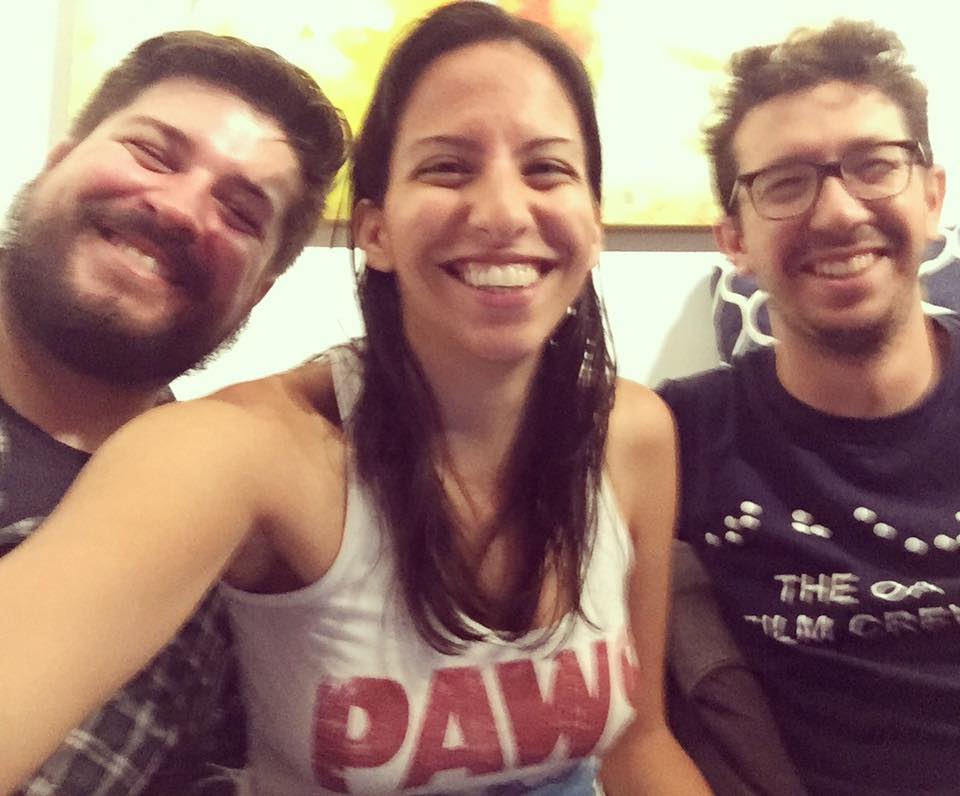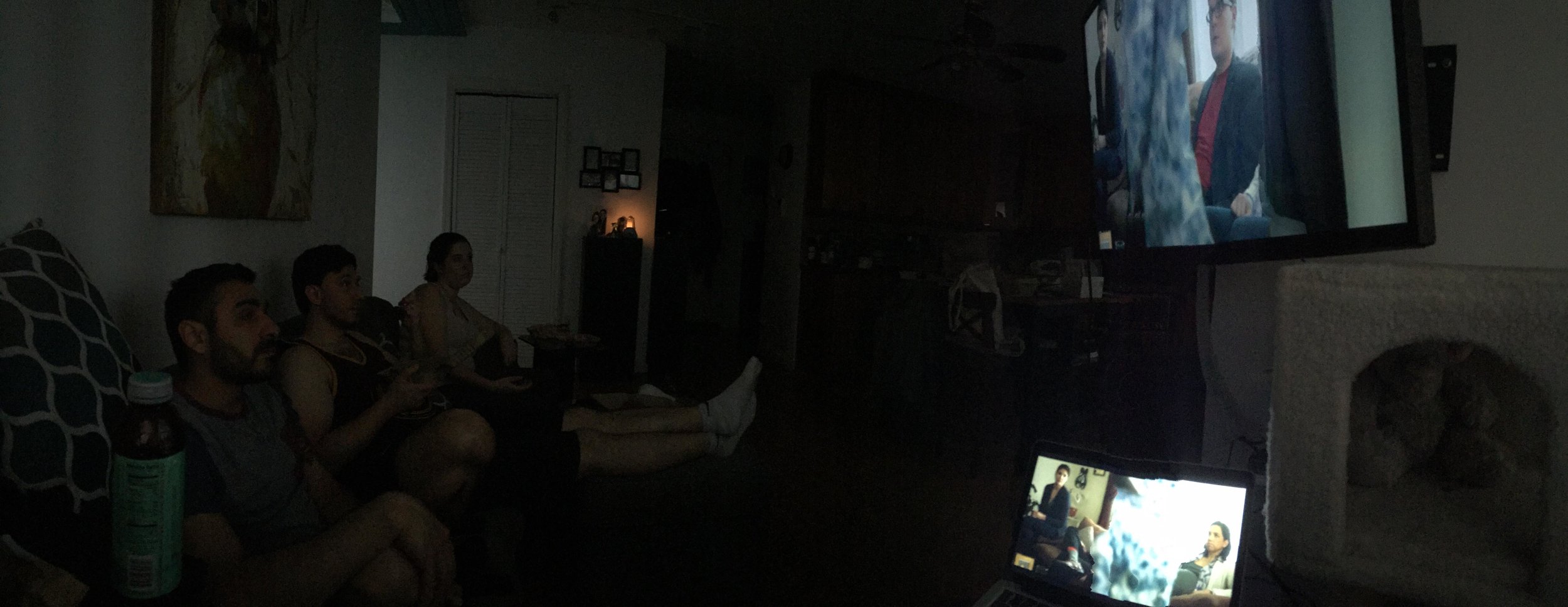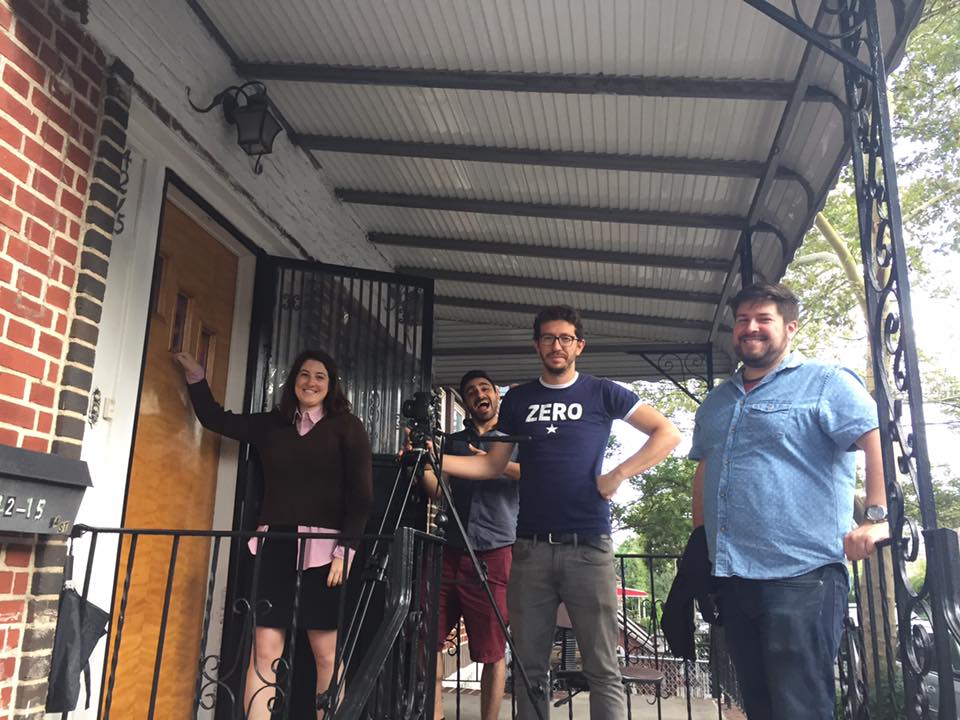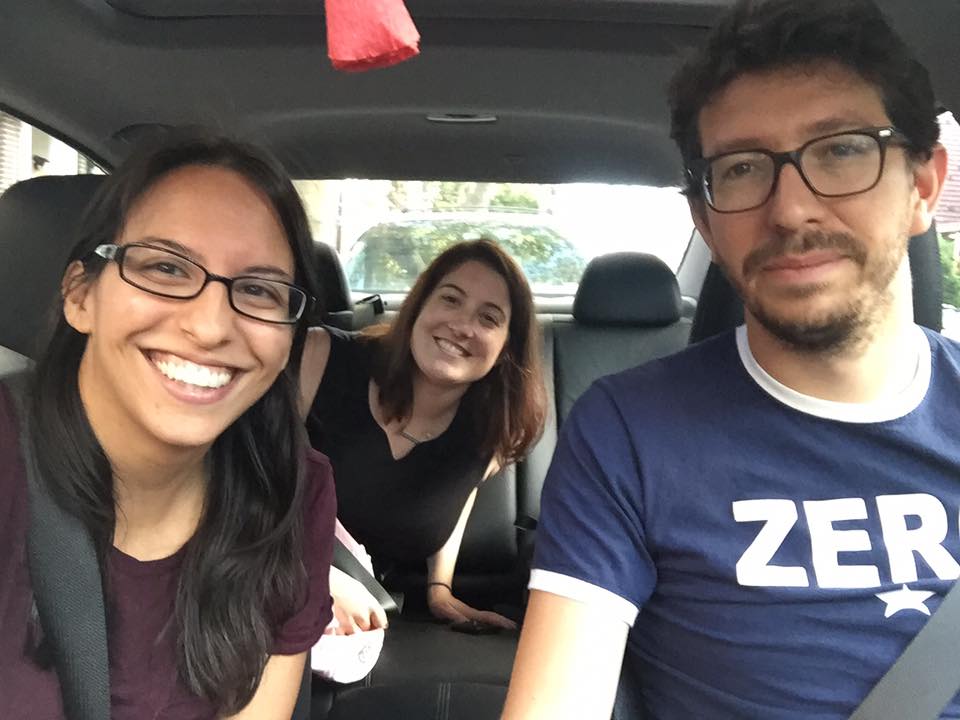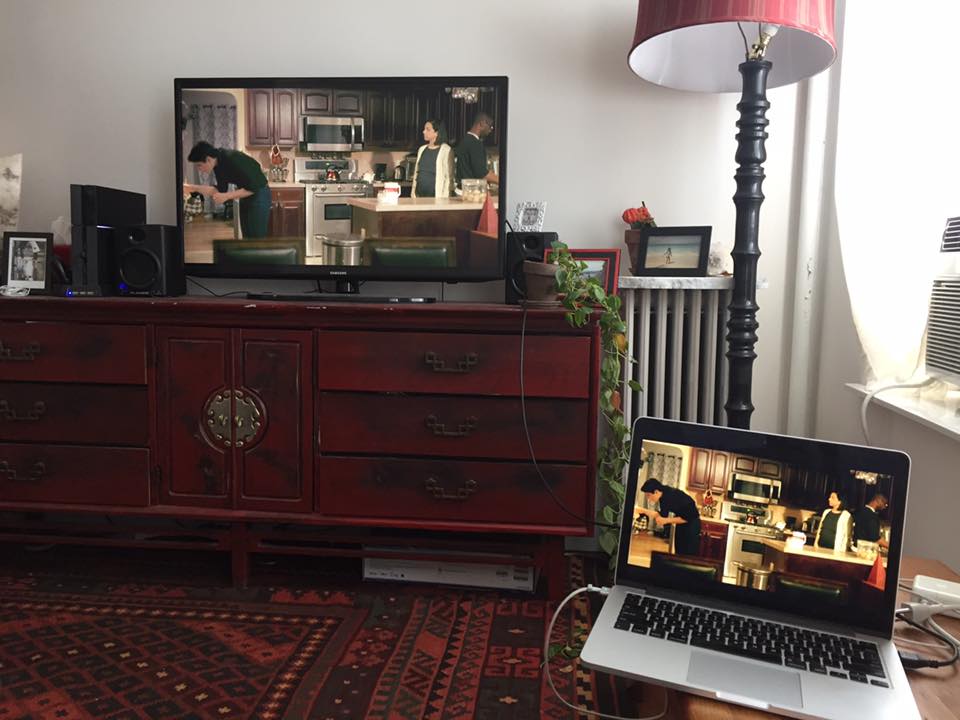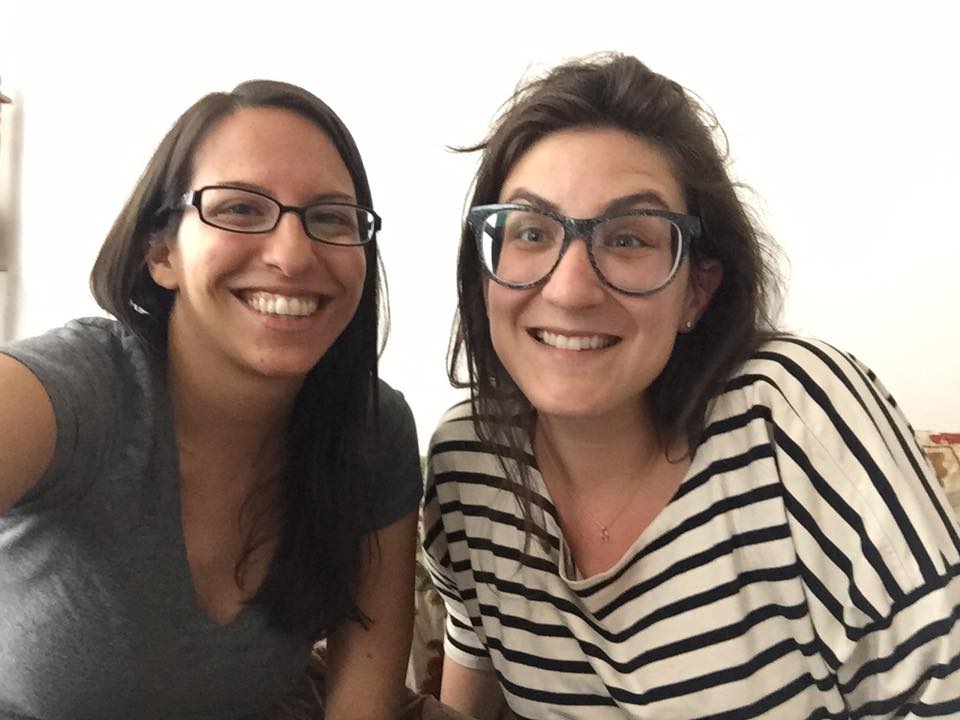That decision not to share (through not only picture lock but also through color grading and sound mixing) was a mistake, though. After my experience of screening Summit for an audience, I slowly started to see the value of test screenings. I may have been keeping it under wraps because of the big things I couldn't change. But when I screened it for an audience, I would cringe realizing there were little things I could've changed if I had just shared it and seen how they were interpreted. (I'm including a list of some of those things at the bottom of this post, if you're interested.)
As a director, it's definitely important to have a vision and follow your gut, but we're making films for an audience because we want to share a story that presumably is meant to say or affect something. So, while it's just as important to make choices and feel confident in those choices, I believe you should also make sure that what you're trying to say translates to your audience. I find it interesting that we workshop our screenplays like crazy, but there's this kind of auteur arrogance about the final directed product. Since I started running IndieWorks (which I started after I made Summit), I've realized this more and more. I often see films that are so obviously too long or contain shots or moments that are independently beautiful but don't serve, and sometimes even detract from, the story. And I often say to my programming colleagues, if only someone had told them before they locked picture -- or maybe, if only they had asked and been open to that kind of feedback. Sometimes films are so personal or the choices made all the way back in the screenwriting process have been with you for so long, that you simply need someone to help you see through fresh eyes. And from my own experience and what I see daily screening submissions, I wish more directors were as collaborative in the post process as they are building up to it. (Side note, test screenings and cultivating a broader, more informed perspective on your work before you lock it are especially pertinent if you are not an individual of a marginalized group of people but are (rightfully) choosing to be inclusive in your work. You'll want to run your depiction and choices by individuals who do identify with your portrayal to make sure you're capturing authenticity and empowering voices rather than perpetuating stereotypes.)
In my more recent work, I've been much more open to feedback during post-production. I believe I've always been a collaborative director, both in pre-production and on set. But I feel I would often go into the edit married to what I originally wanted it to be rather than letting it become something new. Even when working with other editors (which I mostly do), I was still fairly tied to the script or the modifications made to it on set.

